National Assembly delegates said that ministries and branches keep discussing in circles, and by the time a solution is reached, businesses are "near death".
At today's socio-economic discussion session, the difficult health situation of businesses received much attention from National Assembly delegates.
Mr. Trinh Xuan An, full-time member of the National Defense and Security Committee, suggested that authorities review institutions, simplify administrative procedures, and especially change the culture of "businesses having to beg and run". According to him, the government and managers need to show an attitude of serving businesses, being proactive, sincere, and wholehearted to overcome difficulties.
"What needs to be done for business development should be done and decided immediately. It is necessary to reduce the steps of asking for opinions and exchanging opinions between agencies and ministries, because by the time it is resolved, the business will be 'near death'," said Mr. An.
Regarding the issue of interest rate reduction , Mr. An said that the Government had to use administrative orders, but accessing and putting capital into production and business was still blocked. "Reducing interest rates and simplifying conditions and procedures for borrowing need to be substantial so that capital reaches businesses correctly, accurately and directly," he said.
According to a recent Government report, the average new lending interest rate is 9.3%, but data from the National Financial Supervisory Commission shows that the average lending interest rate at 35 commercial banks by the end of March was about 10.23%, 0.56 percentage points higher than at the end of 2022.
The committee also assessed that difficulties in the financial market and corporate bonds made it difficult for businesses to access and mobilize capital, leading to a "frozen" real estate market. The main drivers of growth such as exports, foreign direct investment, especially industrial production decreased and were on the decline.

Mr. Trinh Xuan An, full-time member of the National Defense and Security Committee, spoke at the socio-economic discussion session on May 31. Photo: Hoang Phong
Ms. Phan Thi My Dung, Deputy Director of the Department of Justice of Long An province, reflected on the situation of loss-making enterprises, increasing bankruptcies and decreasing workers' income.
This was also the issue raised by Minister of Planning and Investment Nguyen Chi Dung when explaining the opinions of National Assembly deputies in the discussion group on May 30. In the first 5 months of the year, the Minister said that more than 88,000 enterprises withdrew from the market, an increase of 22.6% over the same period last year. Focusing mainly on the fields of real estate business (up more than 47%), healthcare and social assistance activities (up 42%), accommodation and catering services (up nearly 33%).
Faced with this situation, Ms. Dung suggested that the Government comprehensively assess and clearly analyze the discrepancy between Government reports and actual data on the economic situation, industrial production and employment.
"Businesses and workers are looking forward to policies that fundamentally and effectively resolve difficulties of businesses and employment," she said.
Meanwhile, Mr. Trinh Xuan An said that with projects that have full legal documents and follow the correct procedures, localities need to sign and agree to implement immediately, to avoid having to review forever, not being able to release any project for a whole year.
Ministries and sectors also need to clearly demonstrate their responsibility for coordination, clarify their leading role, proactively handle issues and limit the shifting of responsibility to superiors and leaders. "Not every issue requires the Prime Minister to issue a telegram to urge or the Government to issue a Resolution to remove difficulties," he said.
Management agencies need to reduce inspections and checks that make it difficult for businesses. "Measures to ease difficulties for businesses need to promote domestic and foreign markets, and synchronize monetary and fiscal policies to clear bottlenecks and remove obstacles," he added.
The survey, conducted by Department IV in collaboration with VnExpress at the end of April with nearly 9,560 businesses, showed that there are currently four bottlenecks that businesses are facing, including a shortage of orders; capital flow blockage; inadequate institutions, besieged by administrative procedures and legal risks in production and business.
The situation of businesses lacking orders and workers losing their jobs in many industrial parks is common. Some units face great pressure to pay debts, so they have to transfer and sell shares at very low prices, even in some cases "selling themselves" to foreigners to avoid bankruptcy.
Source link



![[Photo] Helicopters and fighter jets practice in the sky of Ho Chi Minh City](https://vstatic.vietnam.vn/vietnam/resource/IMAGE/2025/3/28/3a610b9f4d464757995cac72c28aa9c6)
![[Photo] Prime Minister Pham Minh Chinh meets with Brazilian President Luiz Inacio Lula da Silva](https://vstatic.vietnam.vn/vietnam/resource/IMAGE/2025/3/28/41f753a7a79044e3aafdae226fbf213b)
![[Photo] Flower cars and flower boats compete to show off their colors, celebrating the 50th anniversary of Da Nang Liberation Day](https://vstatic.vietnam.vn/vietnam/resource/IMAGE/2025/3/28/086d6ece3f244f019ca50bf7cd02753b)

![[Photo] President Luong Cuong hosts state reception for Brazilian President Luiz Inacio Lula da Silva](https://vstatic.vietnam.vn/vietnam/resource/IMAGE/2025/3/28/56938fe1b6024f44ae5e4eb35a9ebbdb)











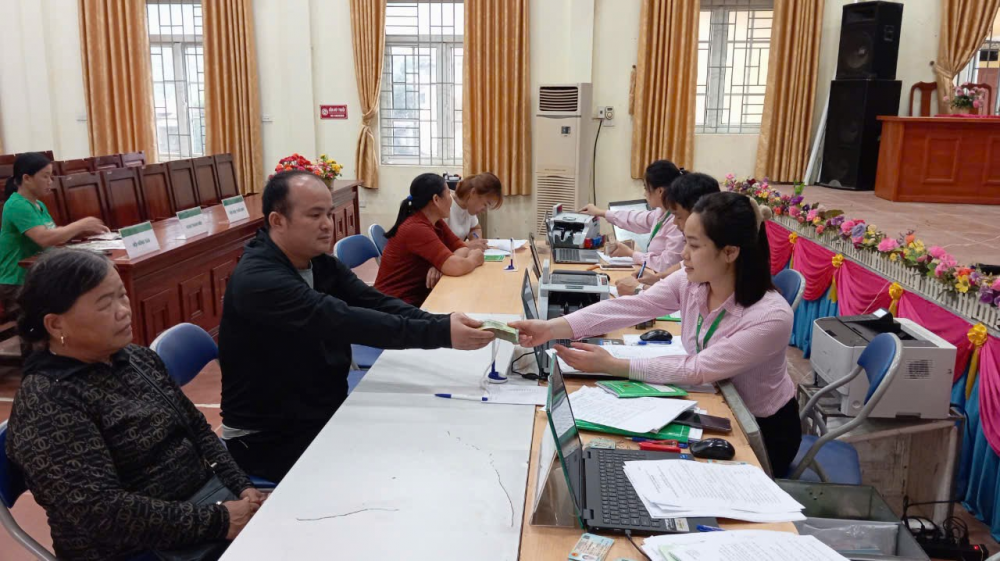


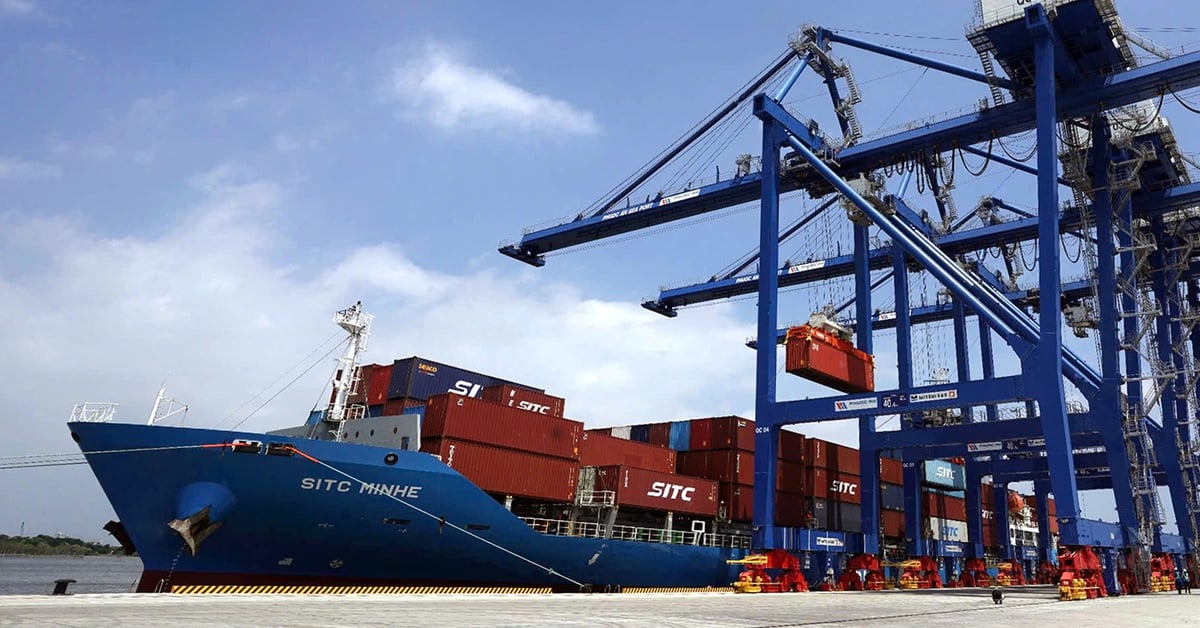











































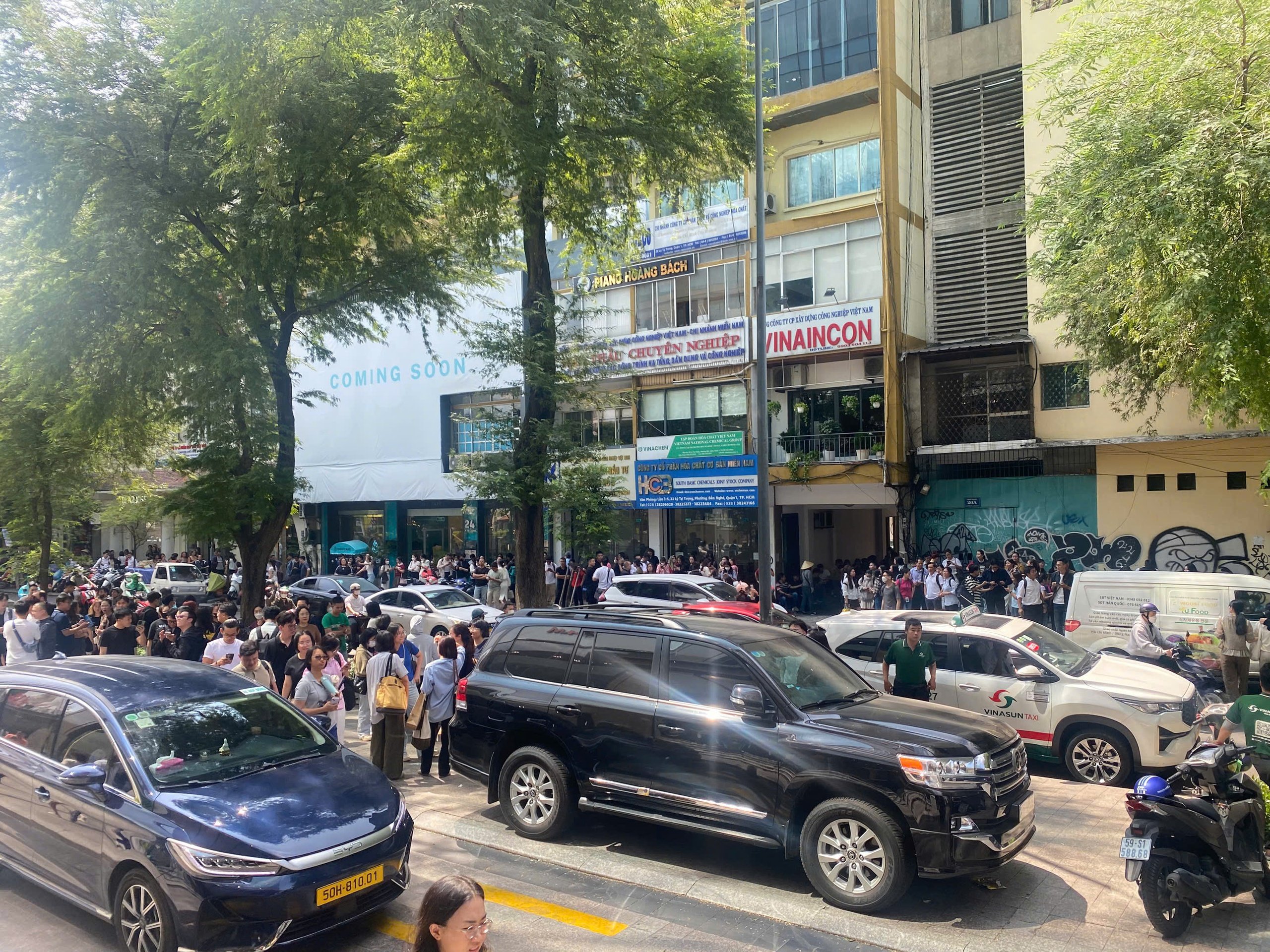







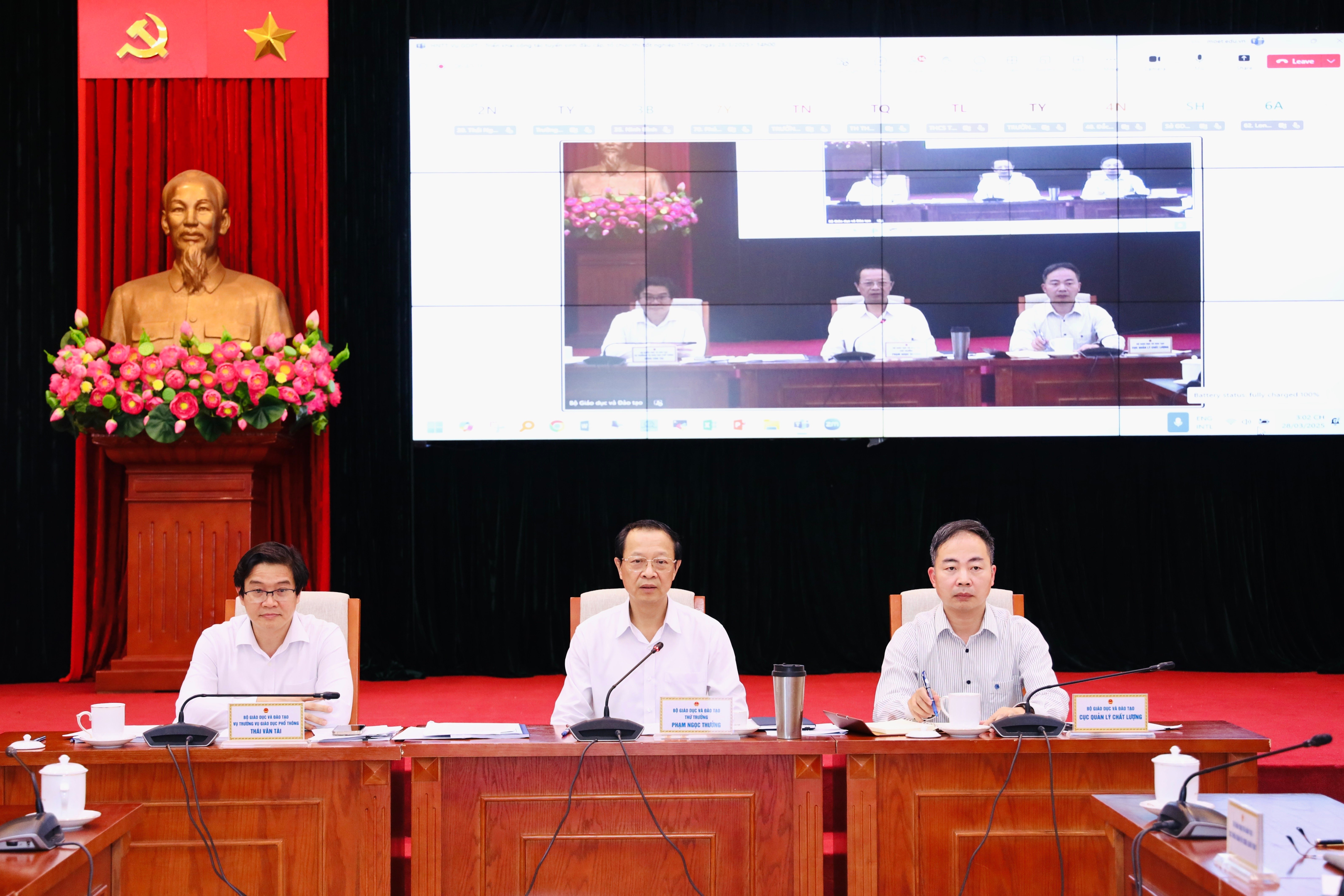












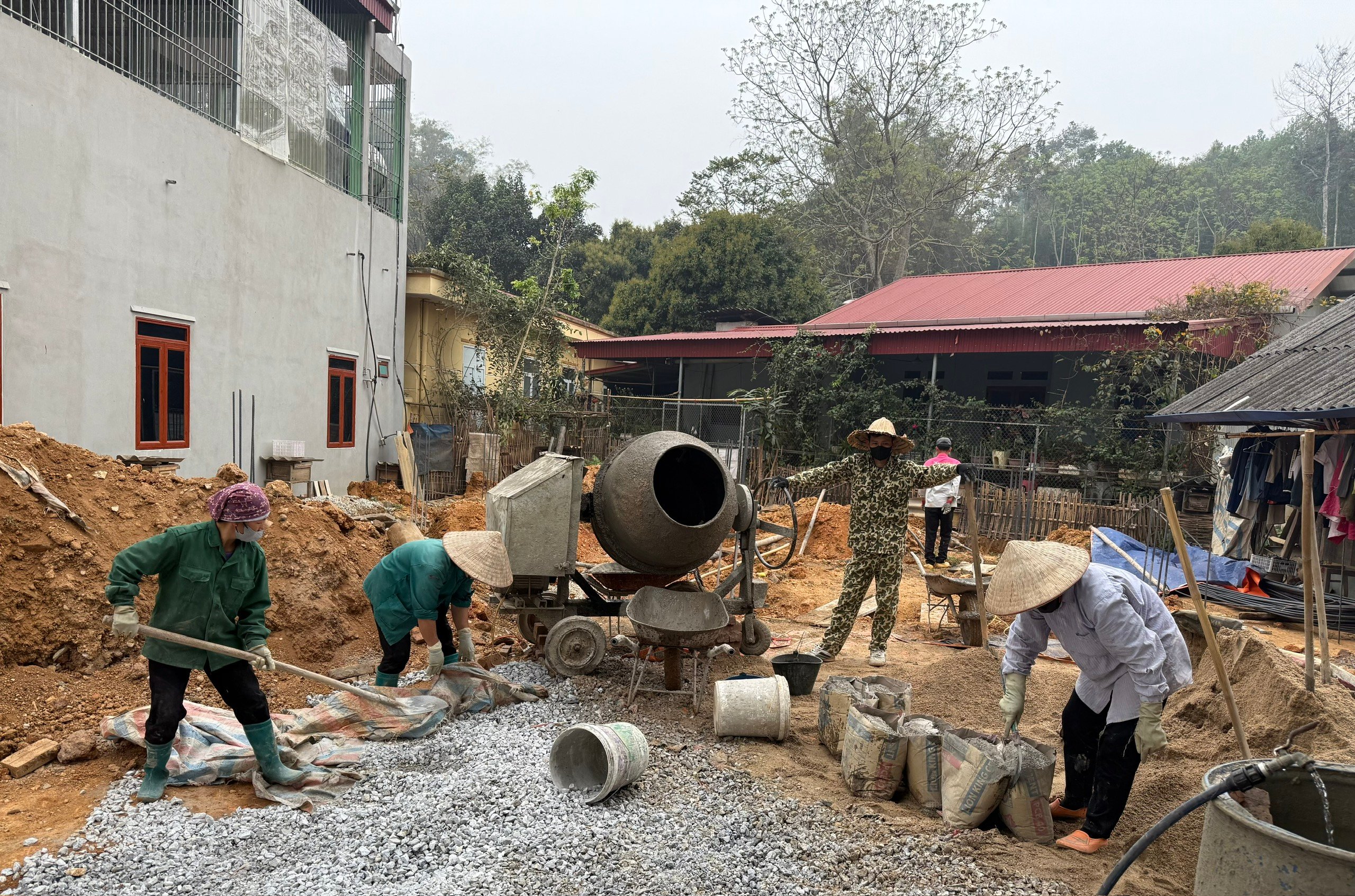










Comment (0)